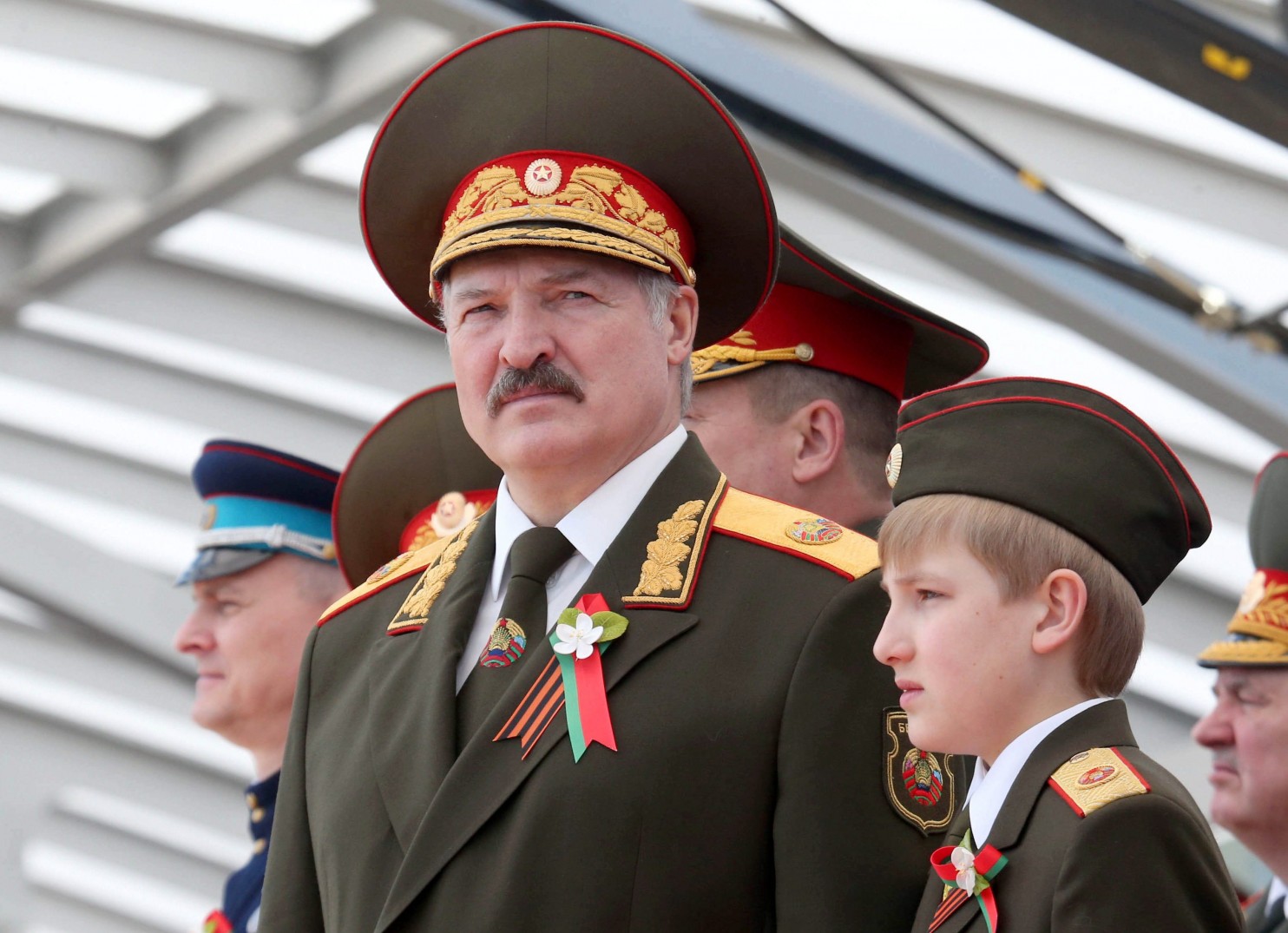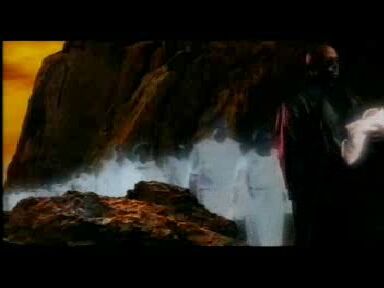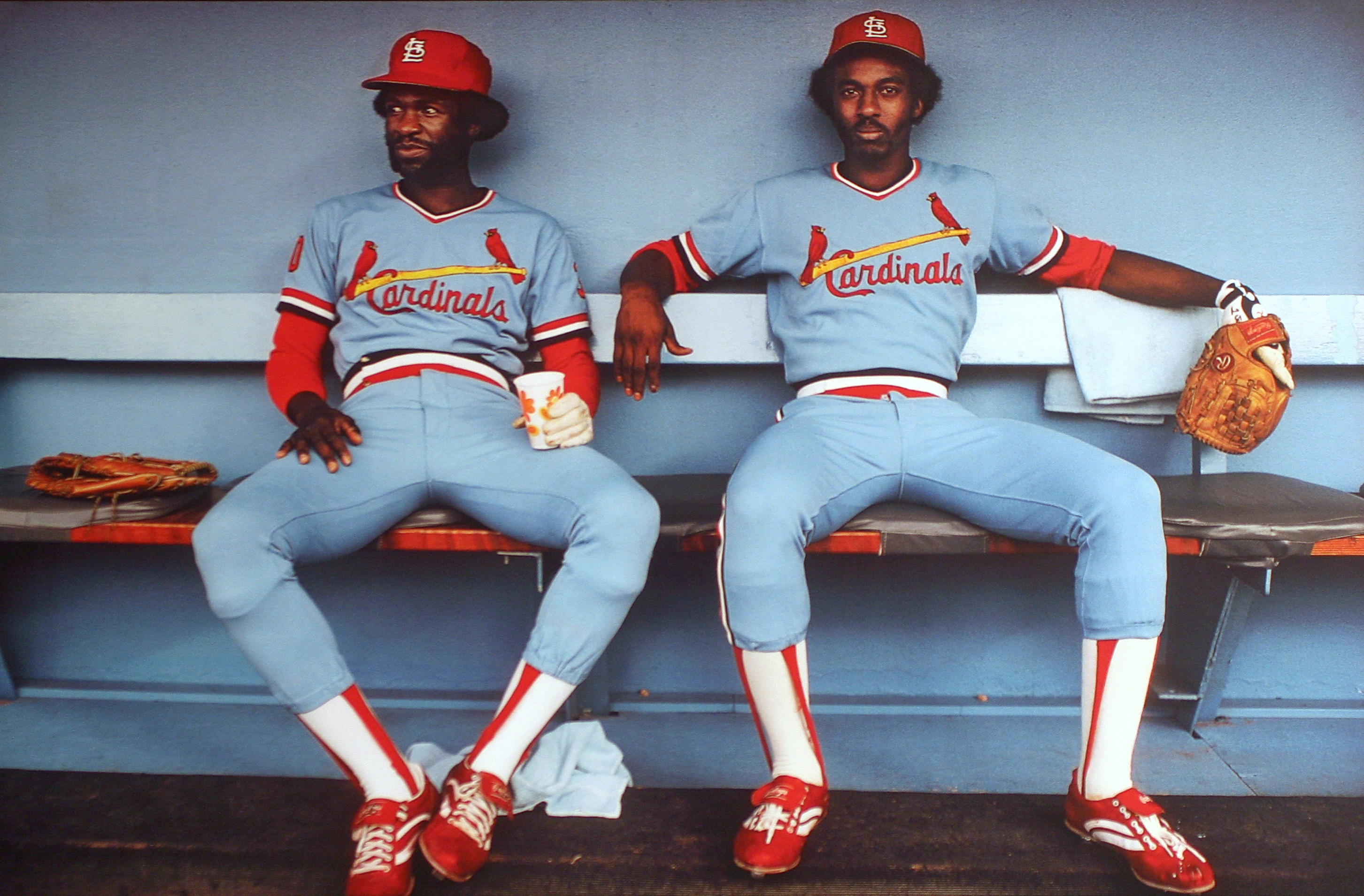Why The Chichakli Trial May End Today And Why The Case May Not
As being reported by other sources, the trial of Richard Chichakli, perhaps one of the most famous Specially Designated Nationals (SDNs) in the history of U.S. economic sanctions, will be sent to the jury today for deliberations. Apparently, the defense case–which was already limited by a number of pretrial rulings by the Court–was shortened after jurors complained to Judge Pauley that the trial was taking too long and that there was a sense among the jury that Mr. Chichakli was dragging the case out. It is also being reported the Judge Pauley told Mr. Chichakli that yesterday–the first day of the defense case–was “the most painful in his 25 year career” and that he had never seen a more boring trial. I was not at the trial, and there are no transcripts available, but this is what is being reported.
As a result of these occurrences, Chichakli moved for a mistrial due to juror bias. The motion was denied and Judge Pauley set closing arguments for this morning. Chichakli, who was already denied the ability to call the majority of his intended witnesses, was apparently deflated by the whole affair and it is unclear whether he will presenting the closing argument to the jury or if his standby counsel, Mr. Kirton will be.
While I am sure it’s been a long trial and that it must be hard for a jury to stand by and watch a pro sedefendant in any matter, Chichakli has a point here; namely, that he has a right to a fair trial. The jurors sat through 17 Government witnesses and countless slides and exhibits, but the day Chichakli began his case, they complained that he was taking too long. If this is indeed the prevailing attitude among the jury, then deliberations will be short and not favorable for Chichakli. I’m not in the courtroom to say that Chichakli is presenting a straightforward and digestible case, but he should be given some deference as a pro sedefendant who is fighting for his freedom. I believe everyone, even SDNs, should have their day in court and the jury should review the evidence in the most fair and unbiased manner possible. To hasten the pace of trial because the jury is tired of hearing from the defendant I believe sets up a constitutional issue for appeal, although admittedly I haven’t done the legal research on this yet.
At the end of the day though, Judge Pauley may have done Mr. Chichakli a favor. If Judge Pauley had allowed Mr. Chichakli to continue at his intended pace when the jury is so obviously dead set against him, there would be no potential issue for appeal. Of course, the Judge could have granted this mistrial and then the process would have started a new, but I believe he was thinking that would have been a waste of judicial resources. While it seems from the jury’s emails that the verdict will be clear in this matter, I will be interested to see what action Judge Pauley takes at sentencing. It could be that he provides a downward variance which, when coupled with the time Chichakli has already served, could mean a prison sentence that will see him released fairly soon despite the anticipated guilty verdict at this trial.



